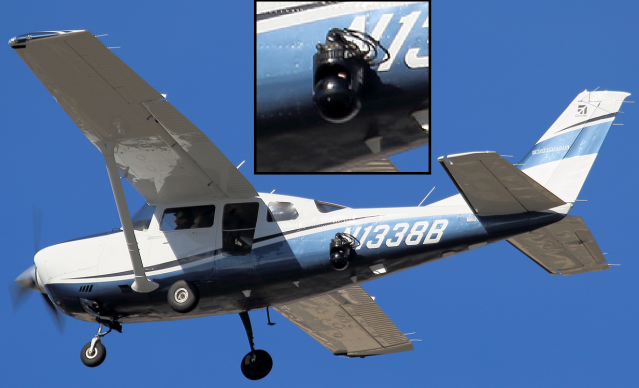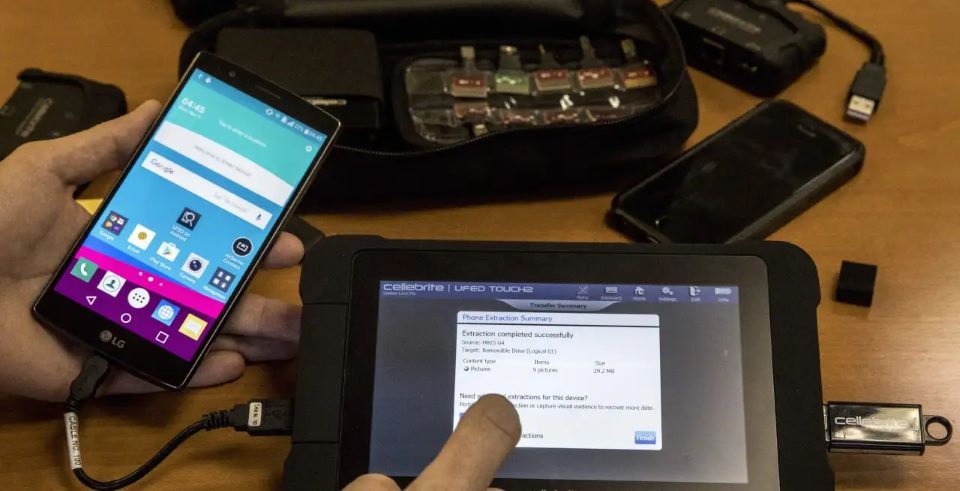The Drug Enforcement Administration (DEA) has a fleet of surveillance aircraft registered under fake companies. These usually small, harder-to-spot planes are used for surveillance missions throughout different U.S. cities. The use of dummy companies lets the DEA run under the radar, without attracting public scrutiny or suspicion.
Among those returning planes equipped with advanced technology, reports say, are the DEA’s surveillance operations. That includes video surveillance and, at times, cellphone-tracking capabilities. The agency says such equipment allows the DEA to gather information without alerting the target, assisting law enforcement operations without needing a judge to approve each and every mission.
By registering these aircraft in the names of fake companies, the DEA shields the identities of the planes and details of their operation. Keeping things private is essential for a successful covert mission — if you are being watched, your target should be none the wiser when you approach them. Few in the public are aware of it, and these missions highlight the stealth behind the operations.
DEA Surveillance Aircraft Operations
The DEA employs a sophisticated fleet of surveillance aircraft, purpose-built for detection and monitoring. For operational security, these aircraft are often registered to shell companies.
DEA surveillance aircraft operate under stringent legal standards. They have to operate under U.S. laws so everything they’re doing is legal. There are checks against abuse of power.
As an example, the Aviation Division handles regulatory compliance. Audits, monitoring, and reporting should become more regular and will become the transparency and accountability mechanisms of the system. These steps do not prevent the registration of aircraft to sham companies, however, and so raise privacy concerns. Under the guise of operational secrecy, this practice often leads to public discussion and debates around civil liberties.
Surveillance Techniques and Technologies
DEA aircraft employ advanced technologies for surveillance. These include high-resolution cameras, thermal imaging, and real-time data transmission.
These tools allow agents to monitor large areas and track suspected criminal activities effectively. The aircraft can operate both during the day and night, providing constant surveillance capability.
Their use extends beyond domestic operations to international efforts against narcotics. The integration of sophisticated technologies ensures that the DEA remains at the forefront of combating drug trafficking and related crimes.
Implications of Using Front Companies
Using front companies for surveillance aircraft presents several important implications, including operational benefits for the DEA, issues related to privacy and civil liberties, and concerns about transparency and accountability in law enforcement.
Operational Advantages for the DEA
Front companies provide the DEA with significant operational benefits. They can conduct surveillance without drawing attention to their activities.
Covert operations are often more effective when the aircraft appear to be owned by private entities.
Using these companies helps protect the identity of agents and ongoing investigations, ensuring that criminal organizations don’t thwart their efforts. It also allows for greater flexibility in surveillance operations, as they can operate in various locations without raising suspicion.
Privacy and Civil Liberties Concerns
The use of surveillance aircraft registered to fake companies raises serious concerns about privacy and civil liberties. Citizens may be unaware that they are being monitored, leading to questions about their right to privacy.
From an operational point of view, one of the most important mechanisms to make sure that officers enforce the law faithfully and ethically is accountability and transparency.
If they try to get them passed off by front companies, responsibilities for following them become more hazy. Such operations may well be lightly regulated and could lead to misuse of practices that should have been exempt from regulation under law.
Public agencies are faced with a conflict between the need for secrecy in their operations which cannot be openly discussed outside of top circles, and the concurrent need to represent as close an image of ‘how things are done’ or ‘what activities we are doing’ in a way that most people can understand Failure to bear this in mind can result in increased scrutiny by and greater criticism from the press and advocacy groups.
By enhancing regulation and oversight, some of these concerns may be alleviated.


